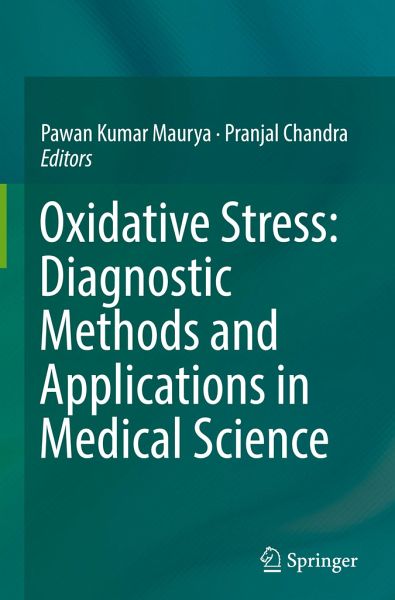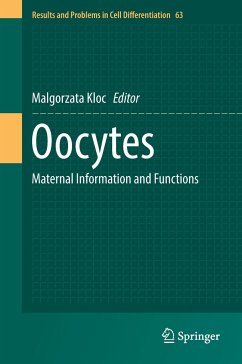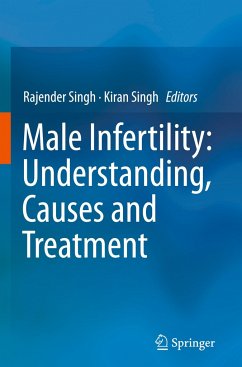
Oxidative Stress: Diagnostic Methods and Applications in Medical Science

PAYBACK Punkte
38 °P sammeln!
This book discusses the importance of oxidative stress, related biomarkers, and its diagnostic methods including bio-analytical and advanced detection systems.Oxidative stress is associated with diminished capacity of a biological system to overcome the overproduction of reactive oxygen species. Since oxidative stress has been suggested as a causative factor in many diseases, its prevention is vital, and there is an urgent need for oxidative stress monitoring using in vitro and in vivo models. Interdisciplinary approaches have lead to the development of various oxidative stress monitoring mode...
This book discusses the importance of oxidative stress, related biomarkers, and its diagnostic methods including bio-analytical and advanced detection systems.
Oxidative stress is associated with diminished capacity of a biological system to overcome the overproduction of reactive oxygen species. Since oxidative stress has been suggested as a causative factor in many diseases, its prevention is vital, and there is an urgent need for oxidative stress monitoring using in vitro and in vivo models. Interdisciplinary approaches have lead to the development of various oxidative stress monitoring models for real-world clinical and biomedical applications. The development of such methods requires a broad understanding of biology, chemistry, molecular biology, immunology and microbiology. As such, the book is a valuable resource for students, researchers and clinicians interested in the fundamental as well as applied aspects of oxidative stress associated diseases.
Oxidative stress is associated with diminished capacity of a biological system to overcome the overproduction of reactive oxygen species. Since oxidative stress has been suggested as a causative factor in many diseases, its prevention is vital, and there is an urgent need for oxidative stress monitoring using in vitro and in vivo models. Interdisciplinary approaches have lead to the development of various oxidative stress monitoring models for real-world clinical and biomedical applications. The development of such methods requires a broad understanding of biology, chemistry, molecular biology, immunology and microbiology. As such, the book is a valuable resource for students, researchers and clinicians interested in the fundamental as well as applied aspects of oxidative stress associated diseases.












